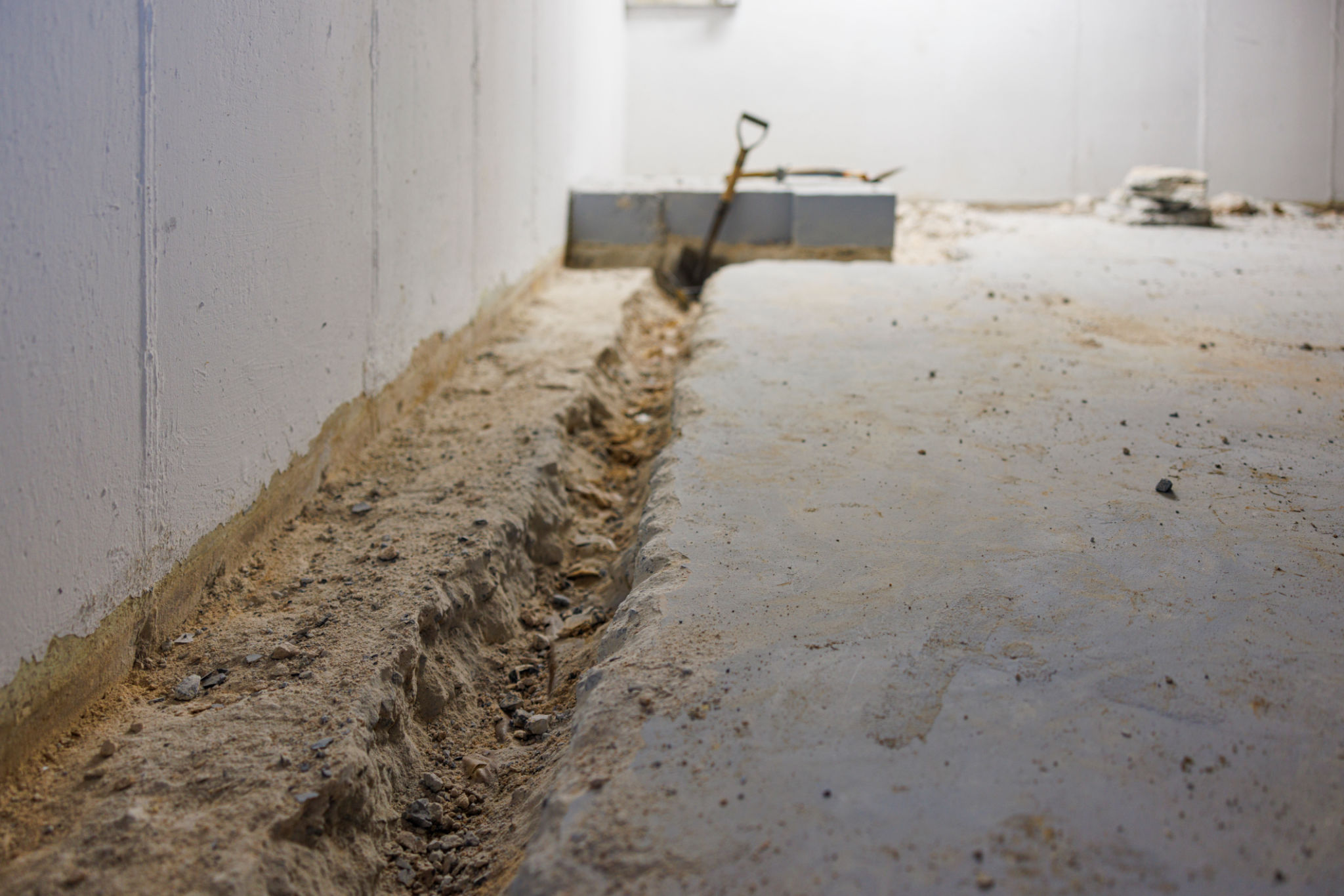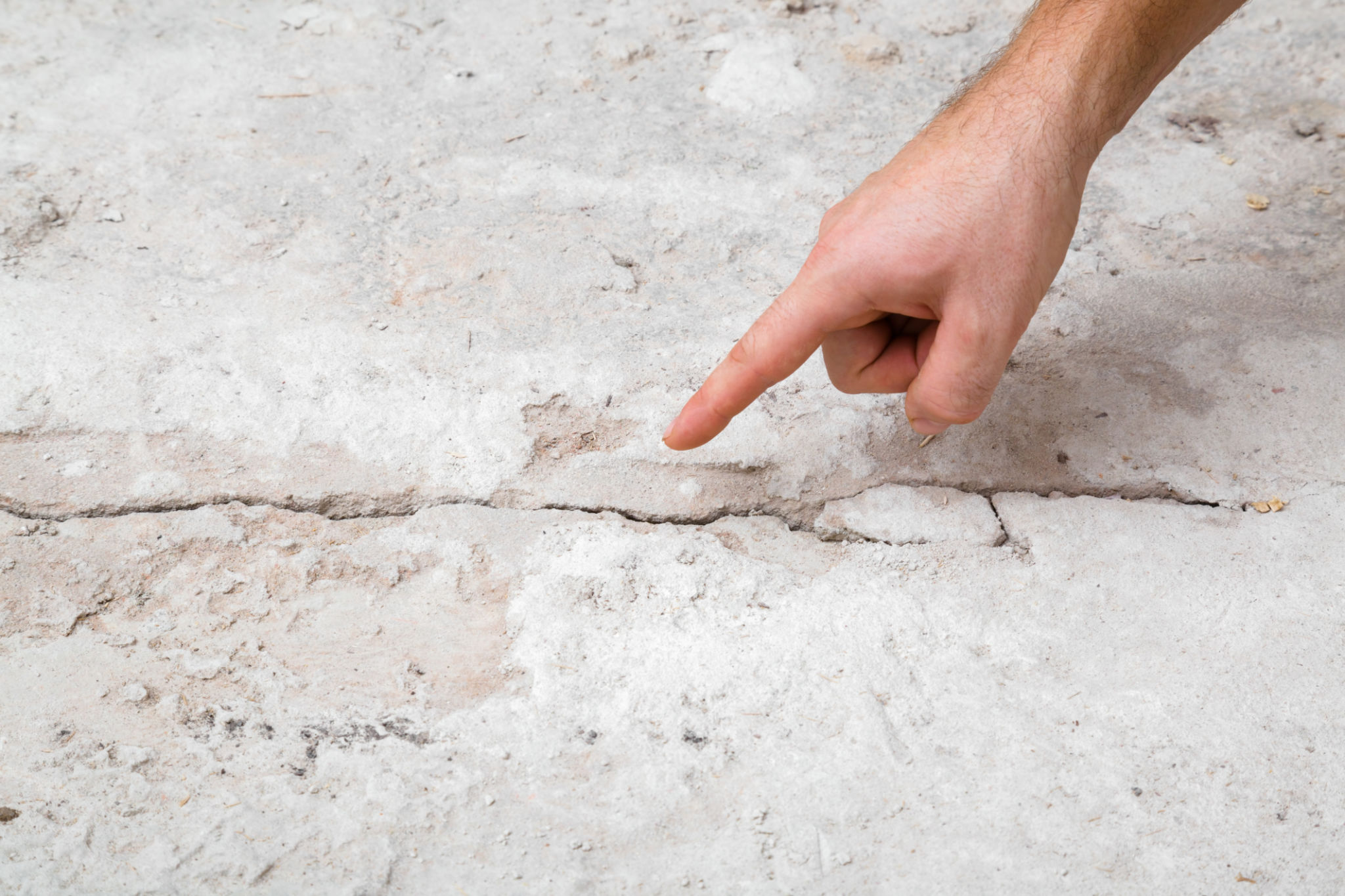Project Management in Flooring: Ensuring Seamless Installations
The Importance of Project Management in Flooring Projects
Project management is a crucial component of any successful flooring installation. It ensures that every aspect of the project is carefully planned and executed, minimizing delays and maximizing efficiency. Whether it's a residential makeover or a commercial renovation, having a structured approach can make all the difference.
In flooring projects, where precision and timing are essential, project management helps coordinate tasks, manage resources, and communicate effectively with all stakeholders. This guarantees that the installation process is smooth and meets the client's expectations.

Planning and Scheduling
A well-crafted plan is the cornerstone of any flooring project. It involves defining the scope, setting objectives, and developing a timeline. Scheduling is a key element that ensures each phase of the installation occurs in the correct order and within the allocated time frame.
Effective scheduling involves considering factors like material delivery times, labor availability, and potential weather conditions. By anticipating these elements, project managers can minimize disruptions and keep the project on track.
Resource Management
Resource management is vital in flooring installations due to the diverse materials and tools required. A project manager must ensure that all necessary resources are available when needed. This includes everything from ordering the correct type and quantity of flooring materials to arranging specialized equipment for the installation.
Managing resources efficiently not only keeps costs in check but also prevents delays caused by resource shortages. It’s about striking a balance between availability, cost, and quality to achieve optimal results.

Communication and Collaboration
Clear communication among team members, suppliers, and clients is essential for a seamless flooring installation. Regular updates and open lines of communication help identify potential issues early, allowing for quick resolutions.
Collaboration among different teams ensures that everyone is aligned with the project's goals. This includes architects, designers, contractors, and even clients, all working together to ensure a successful outcome.
Quality Control and Risk Management
Quality control measures are implemented throughout the project to ensure that the flooring meets both industry standards and client expectations. Regular inspections and evaluations help maintain high-quality workmanship.
Risk management is another critical aspect of project management in flooring. Identifying potential risks early allows the team to develop strategies to mitigate them, ensuring that the project progresses smoothly without unexpected setbacks.

Finalizing the Installation
The final phase of any flooring project involves careful inspection and final touches. This ensures that every detail aligns with the initial design and quality standards. Project managers play a crucial role in this phase, coordinating final inspections and ensuring that any last-minute adjustments are made promptly.
By adhering to a structured project management approach from start to finish, flooring installations can be completed efficiently and effectively, resulting in satisfied clients and beautifully finished spaces.
